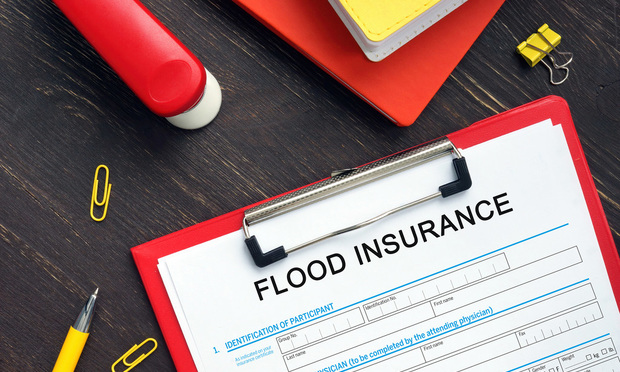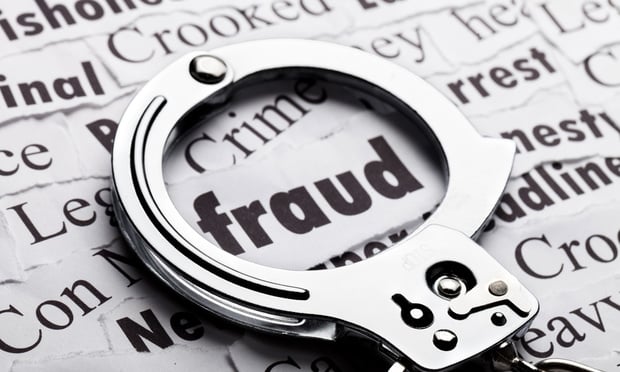A bill in the Louisiana Legislature that clamps down on insurers' ability to reject home and business property claims should win passage by Friday, its sponsor said today.
The prediction came from Sen. Julie Quinn, a Republican from the New Orleans suburb of Metairie, whose measure is being fought by the Property Casualty Insurers Association of America.
PCI argues the legislation would saddle insurers with “billions” in claim costs by making it more difficult to deny home and business property claims involving flood damage.
“Their conclusions are irrational and unfounded. This bill was created as result of working with insurance representatives for a week,” said Ms. Quinn, adding “it doesn't seek to expand anything in a policy or to change coverages. It absolutely attempts to prevent unfair claims handling.”
The legislation, which is due for a hearing in the House Committee on Insurance, passed the State Senate 35-1 Wednesday during a special session of the legislature, which ends Friday.
Senate Bill 7 seeks to ensure that flood damage alone cannot be used as justification for an insurer to deny a claim. It prohibits an insurer from using the floodwater mark as exclusive proof on which to deny a claim.
Ms. Quinn said adjusters, are “uniformly” telling people with flood and wind damage, “'Everything from the watermark down, we don't cover.'”
This ignores the fact, she said, that water damage could occur from rain after wind damage rips a roof off.
“I don't want them to pay for flood damage they didn't agree to cover.”
She said insurers are arguing homes were pushed off foundation slabs as the result of storm surge, disregarding the fact the houses were hit with winds over 100 mph.
The measure would bar an insurer from using the fact that a home is removed or displaced from its foundation as a result of or during a hurricane, as exclusive proof on which to deny a claim.
Additionally it clarifies that the burden of proving an exclusion is on the insurer, and provides that any clause in the policy which attempts to deny coverage when more than one cause contributed to the damage is against public policy.
Violations of the law would permit policyholders to collect penalties of twice the claim value from the insurer
Greg La Cost, assistant vice president and regional manager for PCI, said, “The bill is over reaching by attempting to legislate claims handling.”
Mr. La Cost predicted that “As currently drafted, the bill could lead to increased litigation and have the potential of having closed claims from this past hurricane season opened up. This could add billions of dollars to the total of insured losses.”
Insurers, he said, are committed to paying for all covered claims “and this can be seen in that 70 percent of claims have been settled and over $7.5 billion has already been paid to help Louisiana homeowners rebuild their lives and property following hurricanes Katrina and Rita.”
He vowed that PCI “will fight efforts to force insurers to cover damage that was not covered by the policy and for which no premium was collected.”
Mr. La Cost said, that on determining claim settlements, “insurers consider all the facts on a case-by-case basis. When there are problems, there are already processes and procedures in place to bring about a fair resolution to the claim. We are hoping to work with legislators to amend the legislation and make it less burdensome.”
Ms. Quinn said she expects her measure to go through the House easily. “I had it out of the Senate in three days with 26 cosponsors,” she noted.
On another piece of claims legislation in the Louisiana Legislature, PCI said it has been successful in securing an amendment.
The group said it obtained changes after the State House of Representatives passed HB 17, which would make changes to the length of time that a consumer has to submit proof of loss regarding a claim that resulted from a declared disaster.
Originally, PCI said, the timeframe for submitting proof was unlimited, but that was reduced to a 120-day period. That period will not begin until the adjuster contacts the insured, civil authorities have allowed access to the property, and the insurer has provided the insured with a reproduction of the proof of loss requirements.
This article updated 3:24 p.m.
Want to continue reading?
Become a Free PropertyCasualty360 Digital Reader
Your access to unlimited PropertyCasualty360 content isn’t changing.
Once you are an ALM digital member, you’ll receive:
- Breaking insurance news and analysis, on-site and via our newsletters and custom alerts
- Weekly Insurance Speak podcast featuring exclusive interviews with industry leaders
- Educational webcasts, white papers, and ebooks from industry thought leaders
- Critical converage of the employee benefits and financial advisory markets on our other ALM sites, BenefitsPRO and ThinkAdvisor
Already have an account? Sign In Now
© 2024 ALM Global, LLC, All Rights Reserved. Request academic re-use from www.copyright.com. All other uses, submit a request to [email protected]. For more information visit Asset & Logo Licensing.








